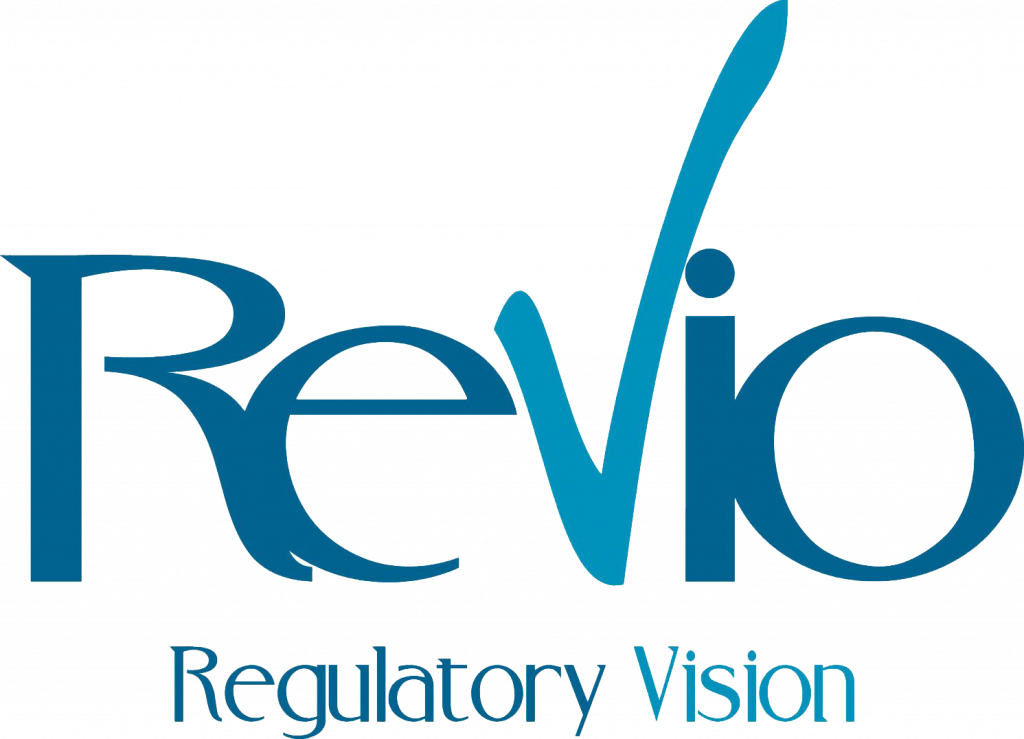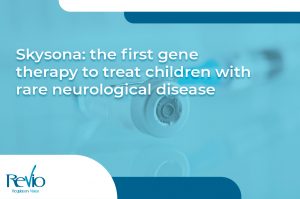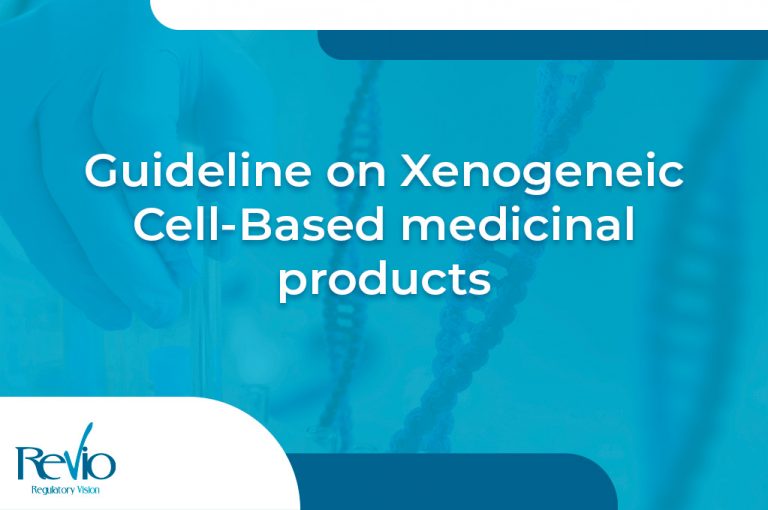Today, for the Rare Disease Day, from Revio we would like to share the following information regarding the European Medicines Agency (EMA) orphan designation procedure for medicines for rare diseases.
An orphan medicine is a medicine used for the diagnosis, prevention, or treatment of a serious and rare and disease. To grant such designation, the developer of the medicine will have to fill an application that will be reviewed by the EMA’s Committee for Orphan Medicinal Products (COMP), meeting the following criteria:
- Medicine must be intended to treat, prevent, or diagnose a life-threatening or chronically debilitating
- The prevalence of the condition in the EU must not be more than 5 in 10.000.
- No satisfactory method of diagnosis, prevention or treatment of the condition is authorised, or the medicine must be of significant benefit to those affected by the condition.
ORPHAN INCENTIVES
Sponsor of designated orphan medicines can benefit from a range of incentives offered in the European Union:
Protocol assistance
Protocol assistance is a form of scientific advice specifically for orphan medicines that is available at a reduced charge depending on the status of the sponsor. This procedure allows sponsors to get answers to their question on the types of studies needed to demonstrate the medicine’s benefits and risks and information on the significant benefit.
There is no restriction on the number of times a sponsor can request protocol assistance.
Access to the centralised authorisation procedure
All designated orphan medicines are assessed for marketing authorisation centrally in the European Union. This allows companies to make a single application to the EMA, resulting in a single opinion and a single decision from the European Commission, valid in all EU Member States.
Ten years of market exclusivity
Authorised orphan medicines benefit from ten years of protection from market competition with similar indications once they are approved. This period of protection is extended by two years for medicines that also have complied with an agreed paediatric investigation plan granted at the time of review of the orphan medicine designation.
Additional incentives for small and medium-sized enterprises
SMEs benefit from further incentives when developing medicines with orphan designation. These include administrative and procedural assistance from the Agency’s SME office and fee reduction (e.g., 100% fee reduction for protocol assistance).
Fee reductions
Companies applying for designated orphan medicines pay reduced fees for regulatory activities such as protocol assistance, marketing authorisation applications, inspections before authorisation, applications for changes to marketing authorisations made after approval, and reduced annual fees.
Orphan Advanced therapies for medicines for rare diseases
Many Advanced Therapy Medicinal Products (ATMPs) have been granted Orphan designation before their approval in the last years. In this table are summarized the advanced therapies that were granted Orphan designation in its development, the rare disease intended to treat, the classification and date of approval. Click the name to know more about EMA orphan designation for medicines for rare diseases.
| ATMP | Classification | Indication | Date |
| Holoclar | Tissue engineered product | Replacement of damaged cells on the cornea | Feb 2015 |
| Strimvelis | Gene therapy product | Severe combined immunodeficiency due to adenosine deaminase deficiency (ADA-SCID) | May 2016 |
| Kymriah | Gene therapy product | B-cell acute lymphoblastic leukemia (ALL) and diffuse large B-cell lymphoma (DLBCL) | Aug 2018 |
| Luxturna | Gene therapy product | Loss of vision due to retinal dystrophy | Nov 2018 |
| Yescarta | Gene therapy product | Diffuse large B-cell lymphoma (DLBCL) and primary mediastinal large B-cell lymphoma (PMBCL) | May 2018 |
| Zolgensma | Gene therapy product | Spinal muscular atrophy | May 2020 |
| Zynteglo | Gene therapy product | Beta thalassemia | May 2019 |
| Alofisel | Somatic cell therapy product | Complex anal fistulas associated with Crohn’s disease | Mar 2018 |
| Skysona | Gene therapy product | Early cerebral adrenoleukodystrophy (CALD) | Jul 2021 |
| Abecma | Gene therapy product | Multiple myeloma | Aug 2021 |
| Cell therapy product | Mantle cell lymphoma | Dec 2020 | |
| Cell therapy product | Diffuse large B cell lymphoma (DLBCL), primary mediastinal large B-cell lymphoma (PMBCL) and follicular lymphoma grade 3B (FL3B) | Jan 2022 |
We hope you find this summary of orphan designation for medicines for rare diseases useful and of interest. If you would like to discuss any of these updates with the team at REVIO, please get in touch here.
Also, we have a dedicated webpage to bring you the latest updates, guidance, and development. You can also follow us on LinkedIn.




